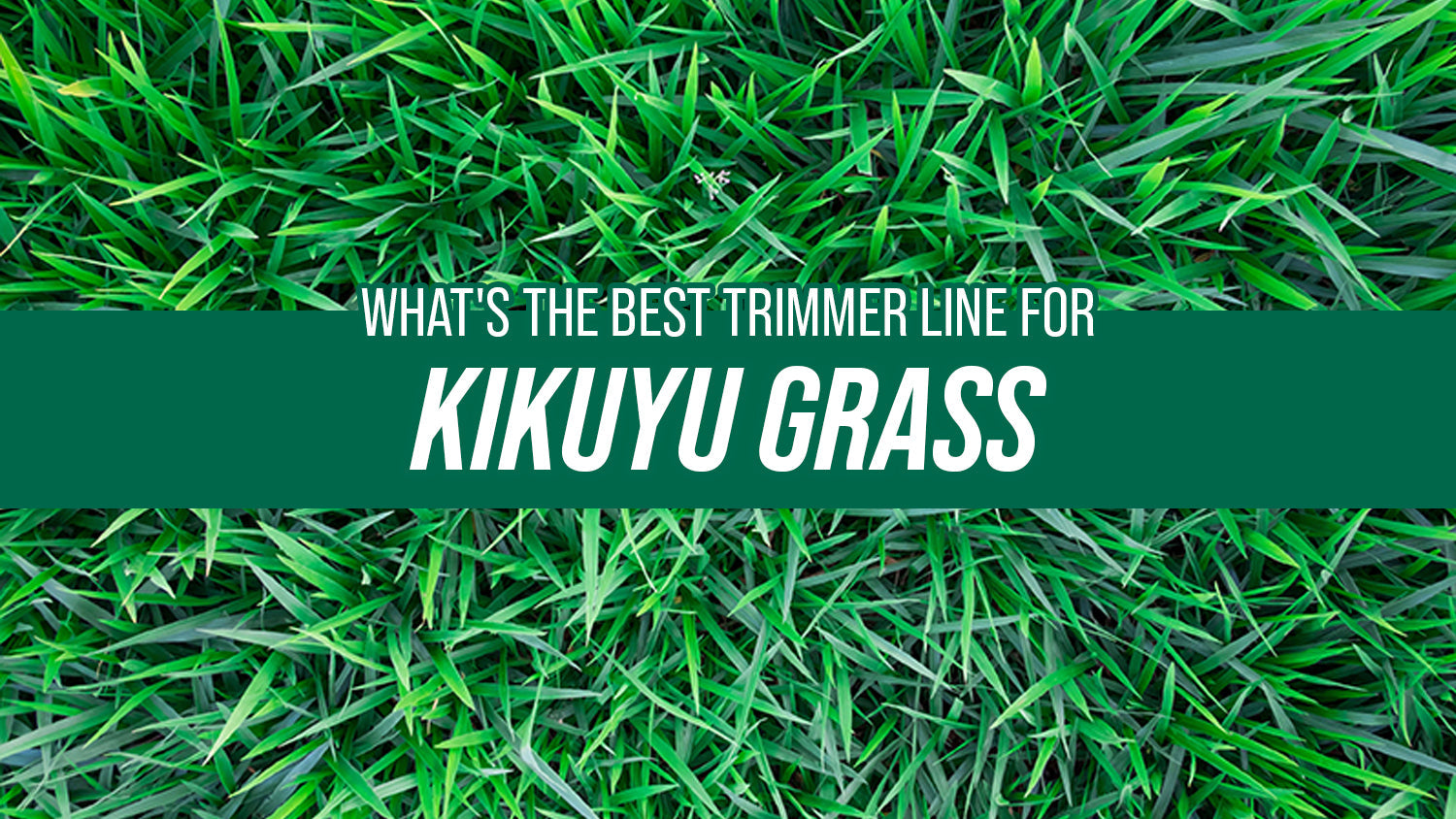Sharing your home with furry companions brings joy, but it also comes with the responsibility of managing their waste. Proper pet waste management is essential for maintaining a healthy lawn and a clean outdoor environment. In this ultimate guide, we'll explore effective strategies and tips to keep your lawn pristine while ensuring the well-being of both your pets and your outdoor space.
1. Scoop It Up Promptly:
The first rule of effective pet waste management is prompt cleanup. Invest in a sturdy pooper scooper and regularly patrol your yard for pet waste. The sooner you remove it, the less chance it has to negatively impact your lawn.
2. Designate a Pet Relief Area:
Consider designating a specific area in your yard for your pet to relieve themselves. This helps concentrate waste in one location, making cleanup more manageable. Use signs or landscaping to clearly mark the designated area.
3. Invest in Pet-Friendly Lawn Products:
Choose pet-friendly lawn care products to maintain a healthy and lush lawn. Many fertilizers and pesticides can be harmful to pets, so opt for pet-safe alternatives to ensure the well-being of your furry friends.
4. Regularly Water and Aeriate:
Proper lawn care, including regular watering and aeration, contributes to the breakdown of pet waste. Adequate water helps dilute urine, preventing brown spots on the grass. Aeration promotes better absorption and drainage.
5. Use Pet Waste Bags:
When walking your dog, always carry pet waste bags. Cleaning up after your pet in public areas and disposing of the waste responsibly helps maintain community cleanliness and prevents the spread of diseases.
6. Composting Pet Waste:
Consider composting your pet's waste if you have the means to do so. There are specialized pet waste composters available that can break down waste into a beneficial soil amendment. Note that composting pet waste requires specific conditions and should not be mixed with regular compost.
7. Enzymatic Lawn Treatments:
Explore enzymatic lawn treatments designed to break down pet waste. These products contain enzymes that accelerate the decomposition of waste, minimizing odors and promoting a healthier lawn.
8. Establish a Waste Removal Schedule:
Set a regular schedule for waste removal to ensure consistency. Whether it's daily or weekly, having a routine helps prevent waste buildup and ensures your lawn remains a pleasant space for both pets and humans.
9. Educate Your Family and Visitors:
Educate family members, guests, and visitors about the importance of proper pet waste management. Encourage a collective effort to maintain a clean and hygienic outdoor environment.
10. Consult with a Veterinarian:
If you notice changes in your pet's waste or behavior, consult with a veterinarian. Health issues can manifest through changes in waste consistency or frequency, and addressing these concerns promptly contributes to both your pet's well-being and a healthier lawn.






